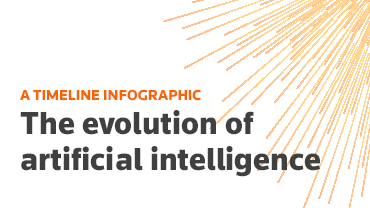Revenue Procedure 2021-30 (July 16, 2021)
Available at https://www.irs.gov/pub/irs-drop/rp-21-30.pdf
The IRS’s latest update to its Employee Plans Compliance Resolution System (EPCRS) includes modest expansions of the correction options available under the program. Highlights for 401(k) plans include—
-
Correcting operational failures under SCP. The correction period for significant operational failures under the Self-Correction Program (SCP) is extended from two to three years. Also, the update makes it easier to use retroactive plan amendments to correct operational failures by deleting the requirement that all plan participants benefit by the retroactive amendment. These changes are effective July 16, 2021. Correction by retroactive amendment continues to be available only if the amendment increases a plan benefit, right, or feature and complies with other plan qualification requirements—e.g., it cannot discriminate in favor of highly compensated employees. [EBIA Comment: The 2019 update to EPCRS expanded correction of operational failures by retroactive plan amendment under SCP but required that amendments increasing a benefit, right, or feature apply to all employees eligible to participate in the plan (see our Checkpoint article). The 2021 update removes that requirement.]
-
Anonymous VCP submissions. Effective January 1, 2022, the Voluntary Compliance Program (VCP) anonymous submission procedure will be eliminated, to be replaced with a process for anonymous, no-fee, pre-submission conferences for eligible correction methods (generally those that are not safe harbor correction methods under the revenue procedure). The plan sponsor will initiate the pre-submission conference request by electronically filing Form 8950 (as is the case for regular VCP submissions) and providing specified information. Conferences will be held at the IRS’s discretion, as time permits. The IRS will provide the plan representative at the conference with non-binding oral feedback regarding the failures and proposed corrections described in the request. Following the pre-submission conference, the IRS will confirm in writing that the conference took place. If the plan sponsor subsequently elects to file a VCP submission regarding the issues discussed, a new Form 8950 must be filed, and the submission cannot be anonymous.
-
Extension of safe harbor for automatic contributions. The sunset of the safe harbor correction method for missed elective deferrals for eligible employees subject to an automatic contribution feature is extended by three years to December 31, 2023, effective January 1, 2021. [EBIA Comment: This correction method, with its original December 31, 2020 sunset date, was added to EPCRS in 2015 (see our Checkpoint article).]
-
De minimis correction threshold. Plan sponsors are not required to implement certain corrections below a de minimis threshold. Effective July 16, 2021, the threshold is increased from $100 to $250 for overpayments and “excess amounts.”
EBIA Comment: The periodic updates to the IRS’s voluntary correction programs sometimes provide new opportunities for 401(k) plan sponsors to correct qualification failures without having to use the Audit Closing Agreement Program. Although the most recent update makes only minor changes, plan sponsors with the right set of facts may benefit from them. For more information, see EBIA’s 401(k) Plans manual at Sections XXXIV.G (“Errors Involving Contributions”), XXXIV.M (“Errors Involving Plan Documents”), and XXXV (“Correcting Plan Mistakes: IRS’s EPCRS”).
Contributing Editors: EBIA Staff.








